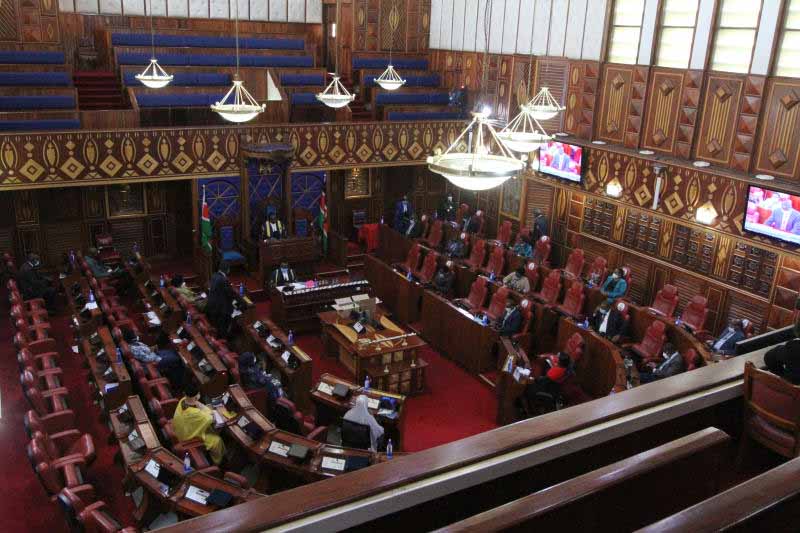×
The Standard e-Paper
Kenya’s Boldest Voice

Eighteen years since its advent, the Integrated Financial Management Information System (IFMIS), used in government to enhance transparency and accountable, remains inefficient.
Senators were taken aback when Auditor General Nancy Gathungu and Controller of Budget Margaret Nyakang’o said the system is prone to “fraud, error and non-disclosure of revenue.